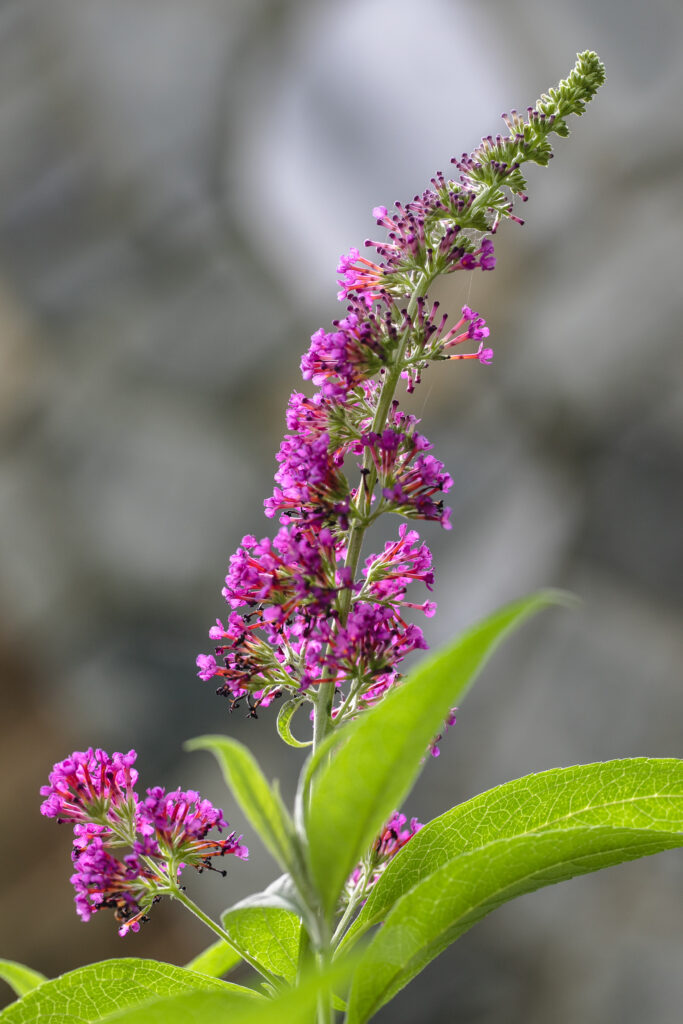If you live in most parts of North America, mosquitoes are a fact of life. And with global warming, the range of certain mosquito species is expanding into more temperate regions. Along with them come increased risks of diseases like Zika and West Nile Virus.
But here’s the good news: there are natural, regenerative ways to manage mosquitoes—without harming pollinators, people, or the ecosystem we’re all part of.

🌍 A Permaculture Perspective
When we approach mosquito control through the lens of permaculture ethics, we remember that all life holds intrinsic value—even mosquitoes. Everything is connected in the web of life, and even the most frustrating pests are part of a greater ecological balance.
So instead of trying to eradicate mosquitoes, our goal is to restore balance, reduce breeding habitat, and adjust our own behaviors in ways that are in harmony with nature.
❌ The Problem with Conventional Approaches
Most mainstream mosquito control protocols involve widespread spraying of pesticides—many of which are minimally regulated. These come at a steep cost to both human health and the environment.
Here are a few sobering facts:
- The EPA estimates that around 78 million pounds of pesticides are applied to lawns and gardens in the U.S. each year.
- A study in Science Direct reports that pesticide residues are linked to gastrointestinal damage and disruption of gut microbiota, which may promote obesity and insulin resistance.
- 1 million deaths and chronic illnesses are attributed annually to pesticide poisoning (Environews Forum, 1999).
- According to U.S. PIRG, over 46 million pounds of bee-killing neonicotinoids are used in U.S. homes, gardens, and parks annually, contributing to pollinator die-off.
Just because something is conventional doesn’t mean it’s safe—or effective in the long run.
🌿 A Natural, Ecological Approach
1. Know Your Mosquitoes
Not all mosquitoes are the same. The two main types you’re likely to encounter are:
- Permanent Water Mosquitoes: Lay eggs in semi-permanent or permanent standing water (ponds, ditches, etc.).
- Floodwater Mosquitoes: Lay eggs on moist soil or in containers above the water line. Eggs hatch when the area floods. Think birdbaths, clogged gutters, or forgotten buckets—these are prime breeding spots.
2. Improve Your Site Conditions
Once you identify which mosquitoes you’re dealing with, you can take action to minimize their preferred habitats. Remove standing water where possible, keep containers upside down, clean gutters, and refresh birdbath water regularly.
3. Apply Ecological Pressure with Animals
If you’re dealing with floodwater mosquitoes, consider using goats or sheep. Grazing animals can reduce overgrown vegetation that creates ideal breeding grounds, while also restoring balance to the landscape.
In permaculture terms, this “stacks functions”: animals reduce mosquito habitat and prepare the ground for a more biodiverse, resilient ecosystem. Even if you don’t have livestock, the same principle applies—remove aggressive, dominant plant species and diversify your plantings.
4. Use Natural Sprays Mindfully
Most natural mosquito sprays are made from essential oils, which can be effective—but they’re not without impact. These oils contain volatile organic compounds that can harm bees and other beneficial insects if misused.
Before you hire a company or buy a product, ask:
- What are the specific ingredients?
- Are the oils sustainably sourced?
- How and when is the spray applied?
- What precautions are taken to protect pollinators?
Timing matters—spraying in early morning or evening, when pollinators are less active, can reduce unintended harm.
5. Homemade Remedies That Work
Our family favorites:
- Lemon eucalyptus body butter: A gentle and effective deterrent you can make at home.
- Herbal smudge sticks: Burn these on the porch to keep mosquitoes away naturally.
- Plantain poultice: If someone does get bitten, plantain (which grows almost everywhere) is our go-to. Just chew a leaf into a paste and apply it directly to the bite—it soothes itchiness and inflammation.
🎥 Learn More with Our Mini-Course
We’ve put together a Managing Mosquitoes Naturally mini-course, where we go deeper into:
- Understanding mosquito species and where they fit into the larger food web
- Practical steps for habitat reduction
- How to make your own sprays and salves.
- Printable checklists and guides
If you’re ready to take a natural, systems-based approach to mosquito control—or just want fewer itchy bites this summer—reach out. I’d love to help you apply these ideas to your specific landscape.



